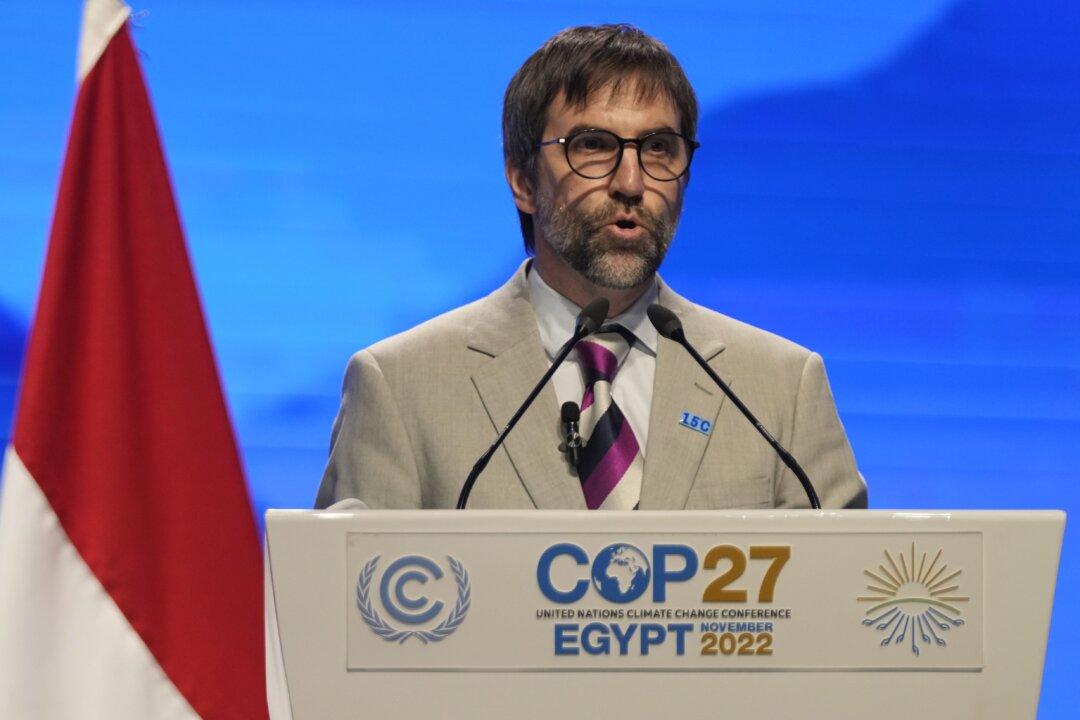Commentary
The 2022 United Nations Climate Change Conference (COP27) came and went with less fanfare than these gatherings usually have. The annual gabfest provides the opportunity for activists, politicians, and celebrities to fly private jets across the world to gather in luxury hotels and chide people for their consumption of petrochemical products.





